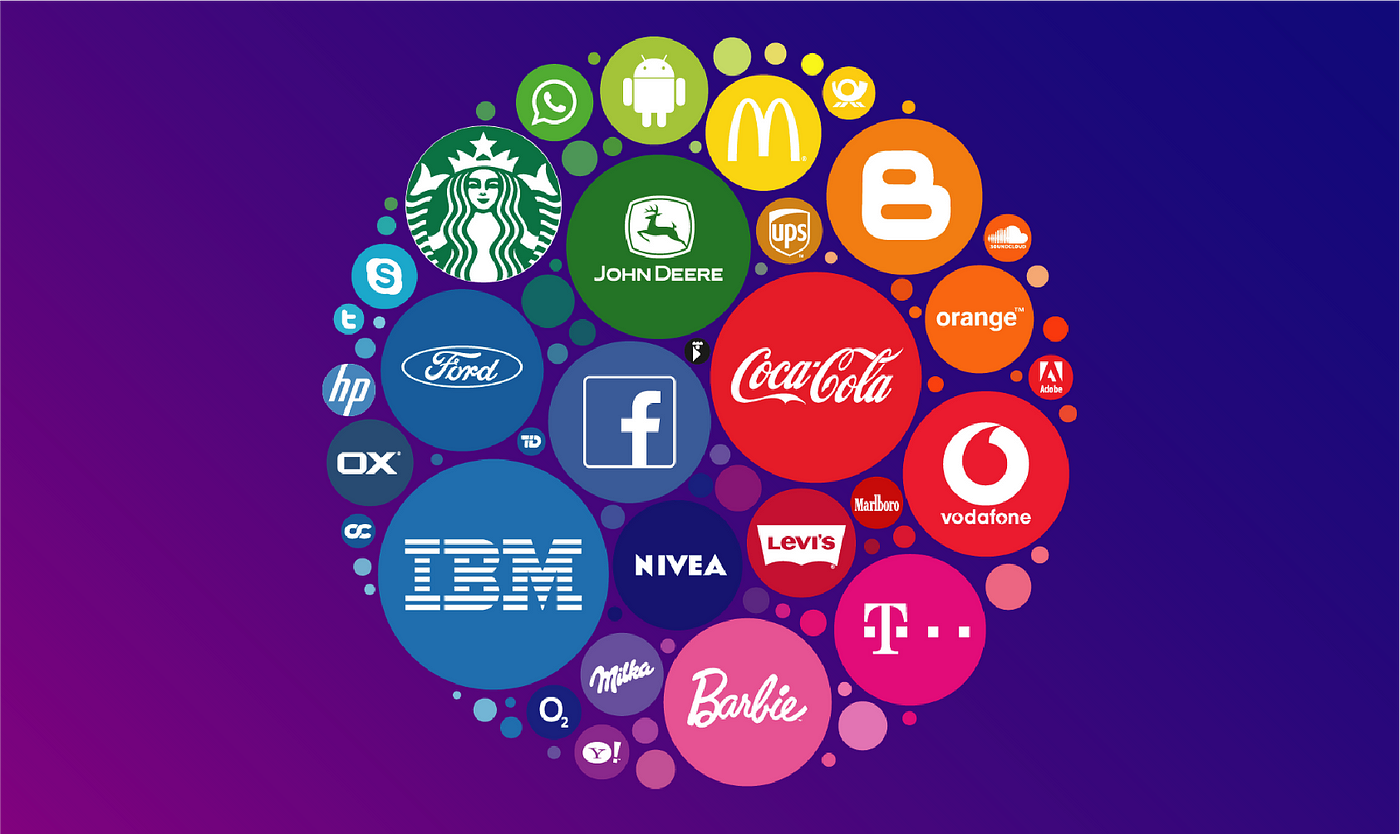Are Branding and Marketing the Same Thing?
In the dynamic realm of business strategy and promotion, the terms "branding" and "marketing" are often used interchangeably, blurring the lines between their distinct roles and functions. However, upon closer examination, it becomes evident that branding and marketing are not synonymous but rather complementary facets of a comprehensive business strategy. Understanding the nuances between these two concepts is essential for businesses seeking to establish a strong identity and effectively engage their target audience.
At its core, branding encapsulates the essence of a company's identity, encompassing its values, mission, personality, and unique attributes. It is the process of crafting a distinctive identity that resonates with consumers and differentiates a brand from its competitors in the marketplace. Branding lays the foundation upon which all marketing efforts are built, serving as the guiding force behind messaging, design, and customer experience.
Marketing, on the other hand, is the strategic implementation of tactics and channels aimed at promoting a brand, product, or service to a specific audience. It encompasses a broad spectrum of activities, including advertising, public relations, market research, digital marketing, and sales. While branding establishes the overarching identity and positioning of a brand, marketing focuses on communicating that identity to consumers and driving tangible outcomes, such as increased awareness, engagement, and sales.
To illustrate the distinction between branding and marketing, consider the analogy of a house. Branding is akin to the architectural blueprint and interior design of the house—the foundation, structure, and aesthetic elements that define its character and appeal. Marketing, on the other hand, represents the various methods and channels used to showcase the house to potential buyers—the open houses, real estate listings, and promotional materials that highlight its features and allure.
Effective branding sets the stage for successful marketing initiatives by providing a clear framework for messaging, visual identity, and customer experience. It establishes an emotional connection with consumers, fostering loyalty and affinity towards the brand. Marketing, in turn, amplifies the brand's message and reaches target audiences through strategic campaigns, content, and distribution channels.
In today's hyper-competitive marketplace, businesses must recognize the symbiotic relationship between branding and marketing and leverage both strategically to achieve their objectives. A strong brand identity serves as a competitive advantage, enabling companies to command premium pricing, attract top talent, and cultivate lasting relationships with customers. Meanwhile, strategic marketing efforts ensure that the brand's message reaches the right audience at the right time, driving meaningful engagement and conversion.
As businesses navigate the complexities of brand building and promotion, it is essential to invest in both branding and marketing initiatives holistically. By aligning these efforts cohesively and consistently, organizations can elevate their brand presence, foster customer loyalty, and ultimately drive sustainable growth and success in the marketplace.
In conclusion, while branding and marketing are distinct concepts with unique roles and functions, they are intrinsically linked in shaping the perception and success of a brand. By understanding the nuances between branding and marketing and leveraging them synergistically, businesses can create a compelling brand identity, engage their target audience effectively, and achieve their business objectives with confidence and clarity.

